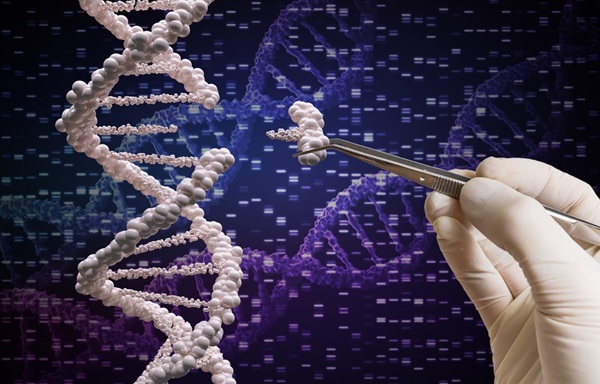Mass-Producing Natural Cancer-Killing Cells for Treatment Options for Patients
By LabMedica International staff writers
Posted on 27 Mar 2013
Scientists reported that they are in the process of generating natural cancer-killing cells in the laboratory in a quantity that could soon make them feasible for treating patients.Posted on 27 Mar 2013
Even though the production of human natural killer (NK) cells in the lab from human embryonic stem cells (hESCs) and induced pluripotent stem cells (iPSCs) has become routine, it has been on a limited scale. But a new study’s findings demonstrate how to increase the number of resulting cells while in addition decreasing the amount of work and time involved in generating them. “NK cells show promise for cancer therapy,” said Dan Kaufman, MD, PhD, of the Stem Cell Institute, University of Minnesota (UM; Minneapolis; USA). “They are part of the innate immune system and exhibit potent antitumor activity without the need for donor matching and prior treatment. Moreover, the derivation of NK cells from pluripotent stem cells could provide an unlimited source of lymphocytes for ‘off-the-shelf’ therapy.”
Dr. Kaufman was the lead investigator of the study that included colleagues from UM as well as from the Integrated Center of Cellular Therapy and Regenerative Medicine, St. Anne’s University Hospital Brno (Brno, Czech Republic); and the University of Texas (Houston, USA). The study’s findings were published March 20, 2013, in the journal STEM CELLS Translational Medicine.
“Human NK cells have been used to treat patients with refractory malignancies, but a major hindrance to expanded use has been the inefficiency of production,” said Anthony Atala, MD, editor of STEM CELLS Translational Medicine and director of the Wake Forest Institute for Regenerative Medicine (Winston-Salem, NC, USA). “The current study has identified a two-stage culture system to efficiently produce the cells in a manner more suitable to clinical translation than previous methods.”
Related Links:
Stem Cell Institute, University of Minnesota














